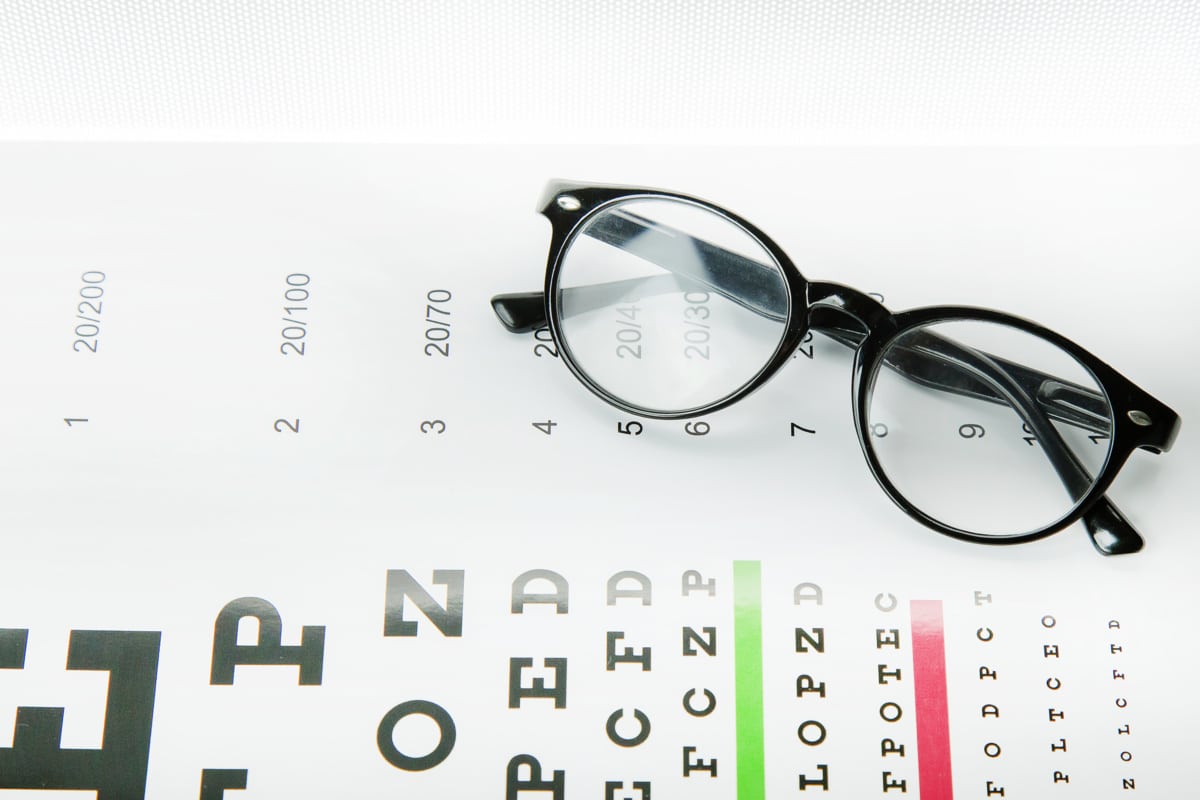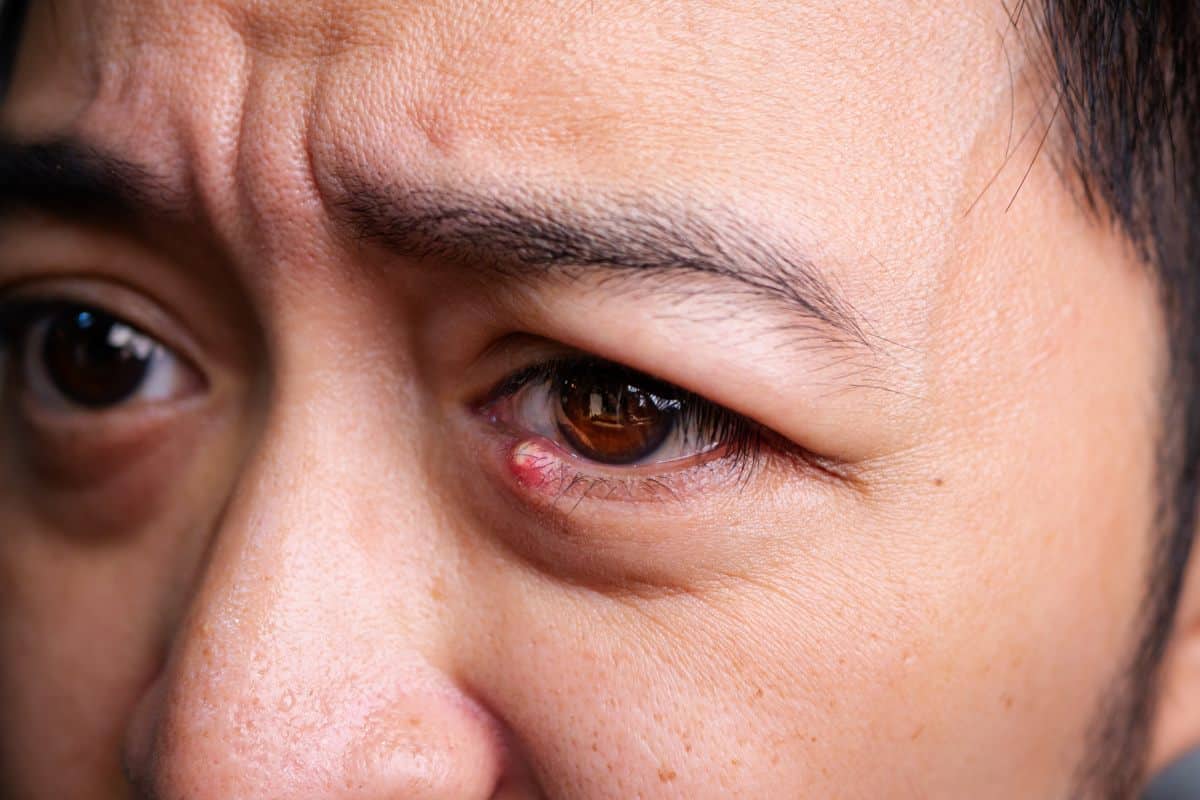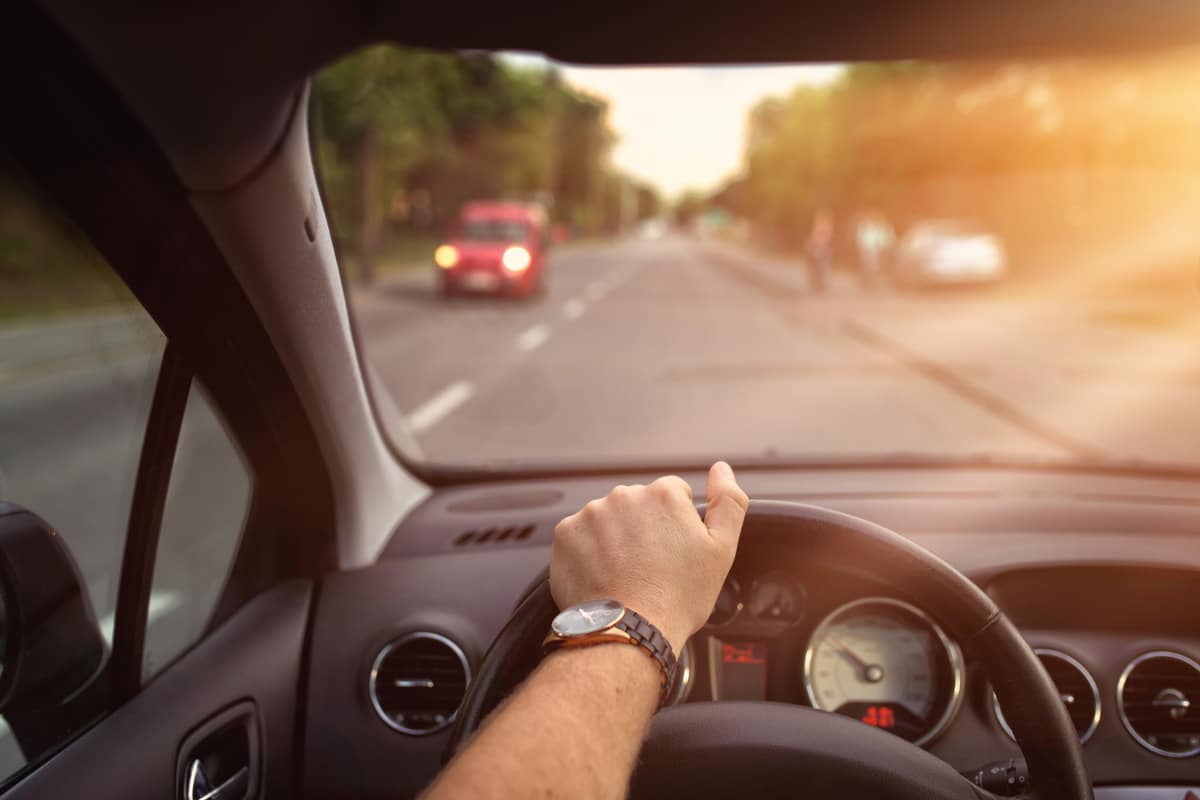After eye dilation, you’ll notice your eyes feel more sensitive to light, and your vision may be blurry, especially at near. Directly following getting your eyes dilated, there are a few things you should consider doing to keep your eyes safe, and reduce any discomfort. Learning what to expect before you get your eyes dilated is important because it will allow you to prepare. Here’s a closer look at what we recommend you avoid doing after getting your eyes dilated.
Bright Lights and Artificial Lights
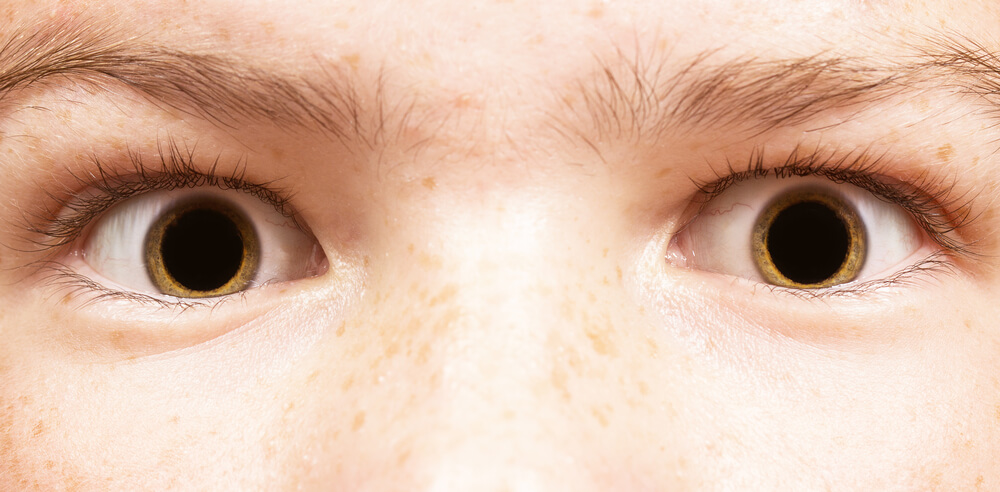
It’s recommended to avoid bright lights after getting your eyes dilated because dilating eye drops cause the pupils to expand. This allows more light to enter the eye, which can cause increased sensitivity to light and glare, making it uncomfortable to look at bright lights or sunlight.
Exposure to bright lights after eye dilation can also cause temporary vision blurring and make it more difficult to see clearly. The discomfort and temporary vision changes can be particularly noticeable if you go outside on a sunny day or look at bright screens, such as computers or mobile devices. The increased sensitivity to light and glare can make it uncomfortable to use everyday digital devices. It’s best to avoid using these devices until the effects wear off.
Driving After Your Appointment
After getting your eyes dilated, it may be difficult to see clearly, and you may experience temporary blurred vision. This can make it dangerous to drive, as it can impair your ability to react to hazards and make safe driving decisions. If you need to travel after your eye dilation appointment, it’s best to arrange for someone else to drive you or to use public transportation. Alternatively, you can plan your appointment for a time when you don’t need to drive, such as in the evening or on a day when you don’t have other commitments.
Not Wearing Sunglasses After Eye Dilation
Wearing sunglasses after getting your eyes dilated can help reduce discomfort and prevent further dilation of the eyes from bright light. Sunglasses with a wraparound style and UV protection are particularly helpful in reducing glare and protecting the eyes from harmful UV rays.
In addition to sunglasses, it’s also recommended to wear a hat with a brim or to stay in the shade when going outside. This can help reduce the amount of light entering the eyes and further alleviate discomfort.
When you come to your appointment, make sure to bring sunglasses with you. If you don’t have any sunglasses with you, our team members will provide you with disposable sunglasses to take home.
Needing to Read Anything Up Close
Reading or seeing anything up close after getting your eyes dilated can be difficult. Since your pupils are dilated, it can be more difficult to focus on near objects.
If you need to read anything up close after getting your eyes dilated, it’s recommended to hold the reading material at arm’s length or to use a magnifying glass to enlarge the text. However, we recommend taking breaks from reading or doing close work to avoid eye strain and discomfort. It’s also recommended to avoid using digital devices, such as computers and smartphones, until the effects of eye dilation wear off.
Keeping Your Eyes Safe After Eye Dilation
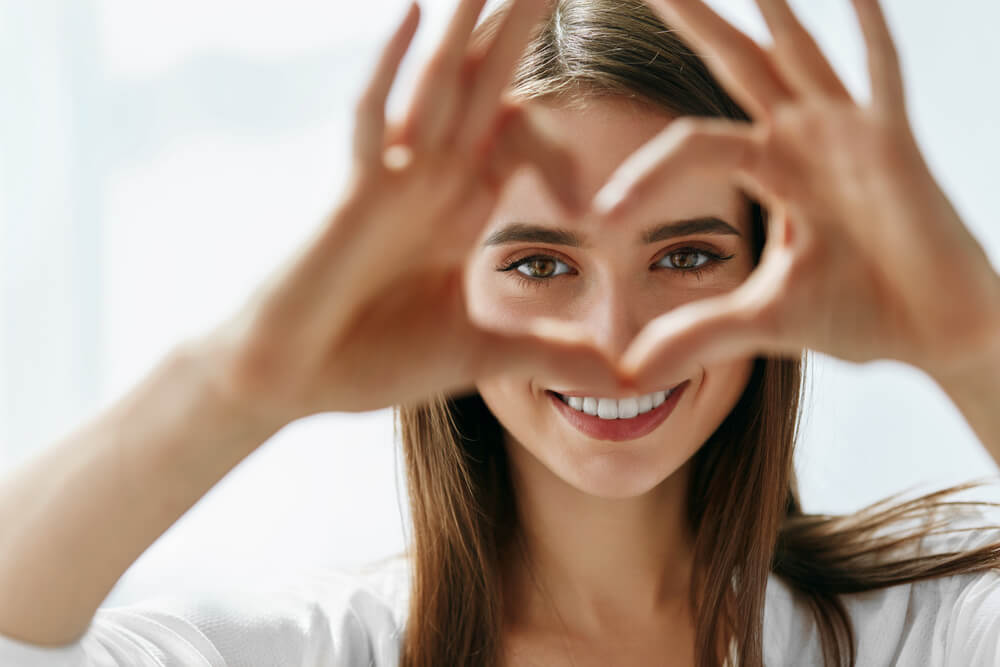
The effects of eye dilation typically last for two to six hours, and your vision should return to normal once the treatment wears off. It’s important to follow the instructions provided by your eye doctor to ensure that you are comfortable and any complications are avoided.
If you still have questions about what to do after eye dilation, schedule an appointment today.


